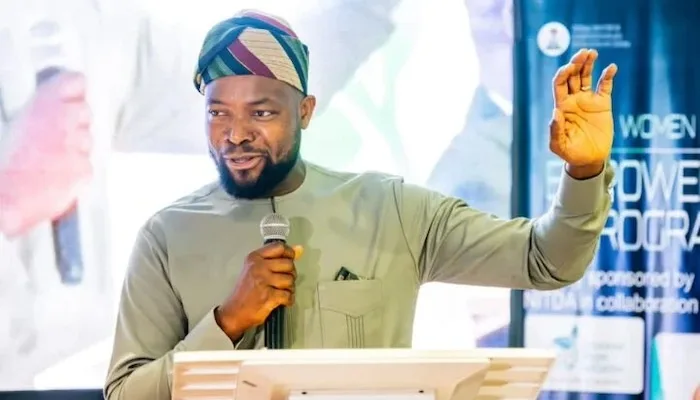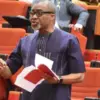The Minister of Communications, Innovation, and Digital Economy, Dr. Bosun Tijani, revealed yesterday that the tariff hike proposed by the Nigerian Communications Commission (NCC) is expected to fall within a 30 to 60 percent range.
Dr. Tijani clarified that the ministry would not approve a 100 percent increase, emphasizing that such a significant hike would place an undue burden on citizens at a time when the economy is recovering. He also noted that the final decision on the tariff increase would depend on the findings of a Sustainability Report conducted by KPMG and Simon Cooper, which is expected to be released soon.
During an appearance on Channels TV’s Politics Today on Wednesday, the minister highlighted the ministry’s ongoing efforts to improve connectivity across the country and ensure that Nigeria benefits from enhanced access to digital services.
Tijani explained that he is engaging with industry stakeholders to ensure that all players in the sector contribute to the nation’s development. While he assured that the quality of services would improve alongside the tariff increase, he also stressed that operators would not be allowed to take advantage of Nigerians.
The minister acknowledged the challenges faced by telecom operators, including issues such as vandalism, theft, rising energy costs, and foreign exchange fluctuations, which complicate their ability to maintain services and infrastructure.
He emphasized that mobile network operators (MNOs) are crucial to Nigeria’s goal of achieving a $1 trillion economy by 2030. “This is why it is essential to support their investment in the sector,” he said, underscoring the role of telecoms in realizing this economic target.
Addressing the broadband sector, Dr. Tijani noted that while foreign direct investment (FDI) is important, local operators must also play a significant role. He reaffirmed the Federal Government’s commitment to investing $1 billion to support the success of the 90,000km fiber optic project, which is expected to begin between Q2 and Q3 of 2025. The project has also garnered support from the World Bank and other international organizations, further bolstering its prospects.


